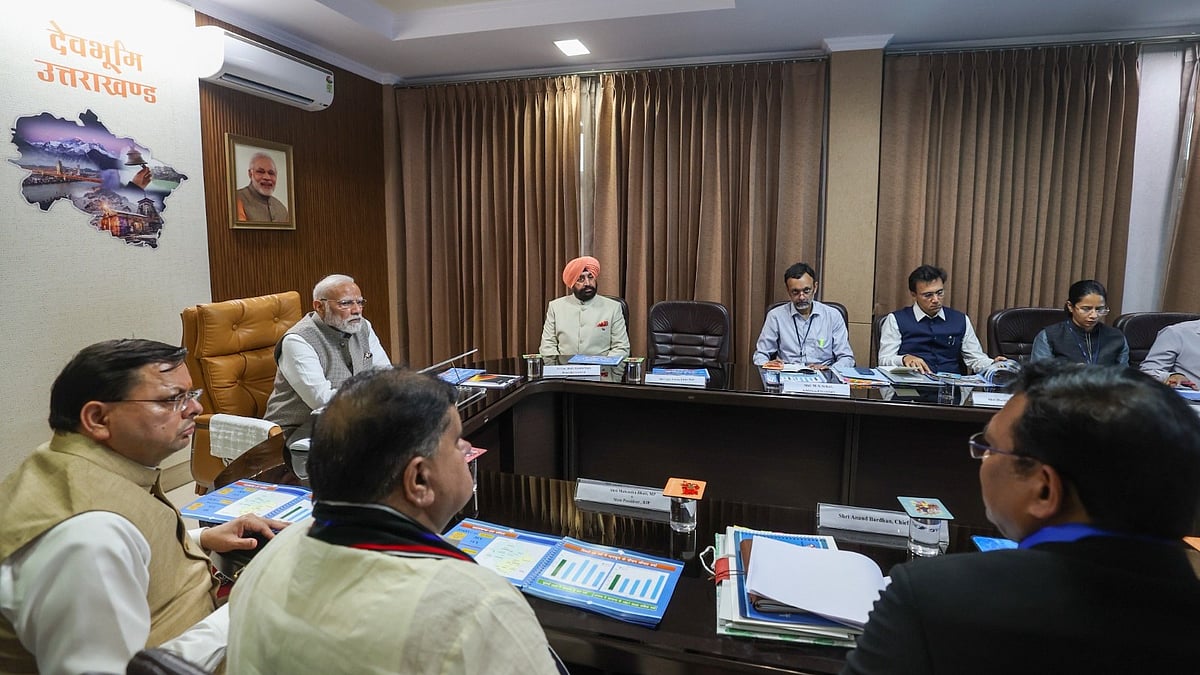Naguib Mahfouz is perhaps the most renowned intellectual of modern Egypt. A scholar, writer, journalist, a keen observer, an honest critique of society and polity, a chronicler of one of the most turbulent times in Egypt’s political history, Mahfouz is also the first and only Nobel laureate in literature from the Arab world. He has over 30 novels to his credit apart from innumerable commentaries, essays and close to 370 short stories.
‘The Meaning of Civilisation’ is an eclectic collection of about 70 short essays, translated from the original Arabic, drawn mostly from the current affairs column that Mahfouz wrote for an Egyptian daily from 1974-81, shortly after he left his job as a civil servant in 1971. The topics of these essays, as should be expected, revolves much around Egyptian history and the concerns of the greater Arab world including the need for Muslim unity and greater influence of the Middle East in world affairs, especially in the intellectual and scientific domain. But let’s not mistake him for a proponent of religious or cultural dogmas of a particular people. Like all great intellectuals, truth is his cornerstone; he is a staunch critic of whatever is obsolete and untruthful and he castigates religious bigotry and educational backwardness of his own community in a scathing and unsparing diction that will compel any conscientious person to think.
Mahfouz shows an urgent moral concern through these essays, a zealous engagement to make society a better place where truth, beauty and justice prevail and where people rise above the fetters of religious, political or social dictums and use their intellectual capacities towards making a peaceful and more accommodative and empathised world. Despite being strongly affiliated to a religious system, religion is never an overbearing concern for Mahfouz.
The Meaning of Civilisation
Author: Naguib Mahfouz
Translated by: Aran Byrne and Russell Harris
Publisher: Speaking Tiger
Pages: 210; Price: Rs 599
His main aim is directed towards social uplift and regeneration of the human spirit of unity, warmth, camaraderie and cooperation for a better world. The politics of violence, turmoil and uncertainty that rocked Egypt in the 70s and 80s certainly evoked a strong emotional response in the most potent and modern intellectual of the time. The greatness of the essays lies in the timelessness of their topicality and the universality of their relevance. They transcend the boundaries of Egypt or the Arab world and hold something for all humanity, which makes them a work of art.
However, his essays have little semblance with the novels and short stories Mahfouz is known for. Here in these journalistic writings, there is a curtness and rigidity which is not seen in his works of fiction, which are much more sublime and consummate, giving out layers of meanings and possibilities of myriad interpretations. Much is lost in translation for certain, but even allowing that excuse, the essays are strictly socio-political commentaries and no more than that, which at times may even sound sermonic in tone and tenor. There is frequent overlapping of issues and repetitive appeals and advices.
Since these essays came out in a series in the form of a newspaper column and were shaped by the day to day happenings of those times, such a tack is rather natural when we read them in a collected essay form three decades later. A reading of these essays may not be an experience of ecstasy like great writings are, or what even Huntington’s iconic ‘Clash of Civilisations’ allow in flashes, but what these essays do is to open our eyes to realties of a world we are not often privy to. Mafouz shifts the discourse for a while from the western-centric world to the truths of a lesser world which find some resonance in our own lives. They prod us to think and see things a bit differently, like perhaps a Pamuk or a Hosseini do.
These essays were not meant for rousing sentiments or swaying emotions, nor do they do so in all their dryness. But these essays inform and inspire, which is a tough job and a great service to truth and humanity. They stir the intellectual stands we take and so vehemently protect all our lives and lead us to question our values, our certitudes and the place we have in the vast scheme of existence, especially at a time when the world is on the brink of a catastrophic future










